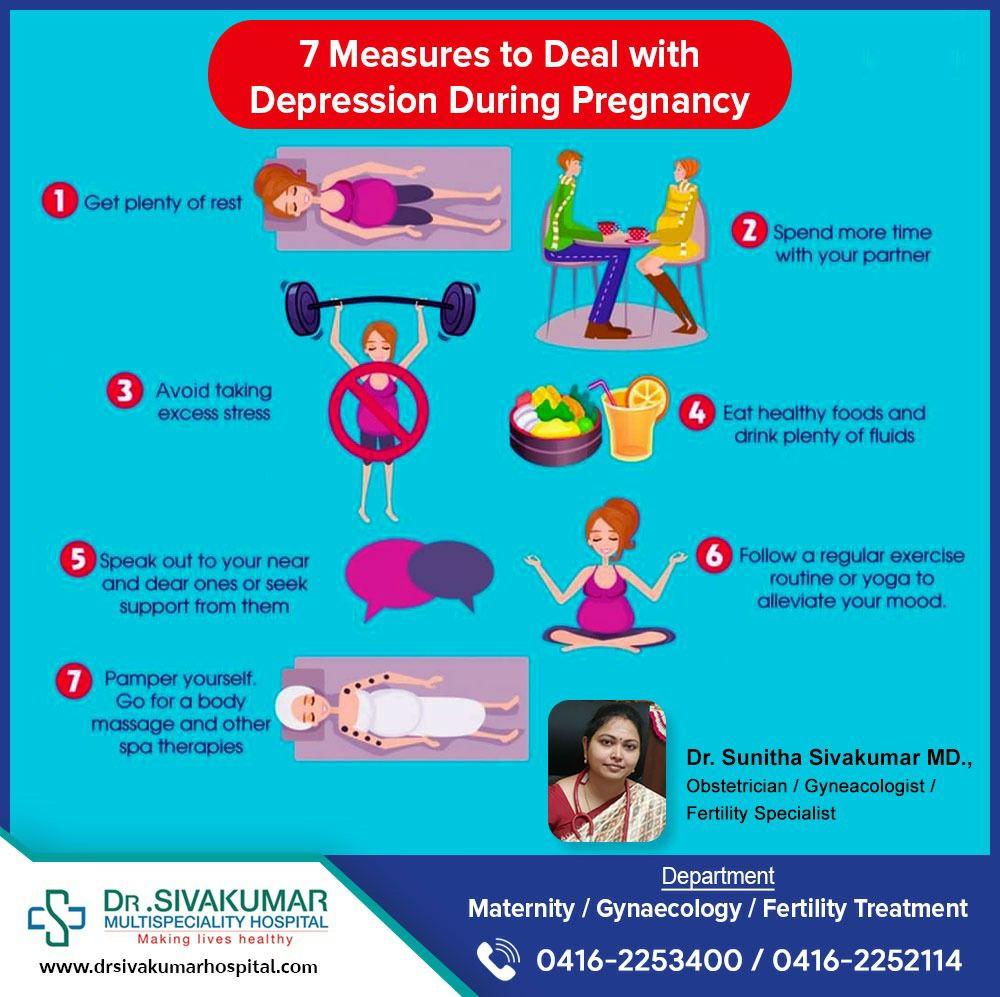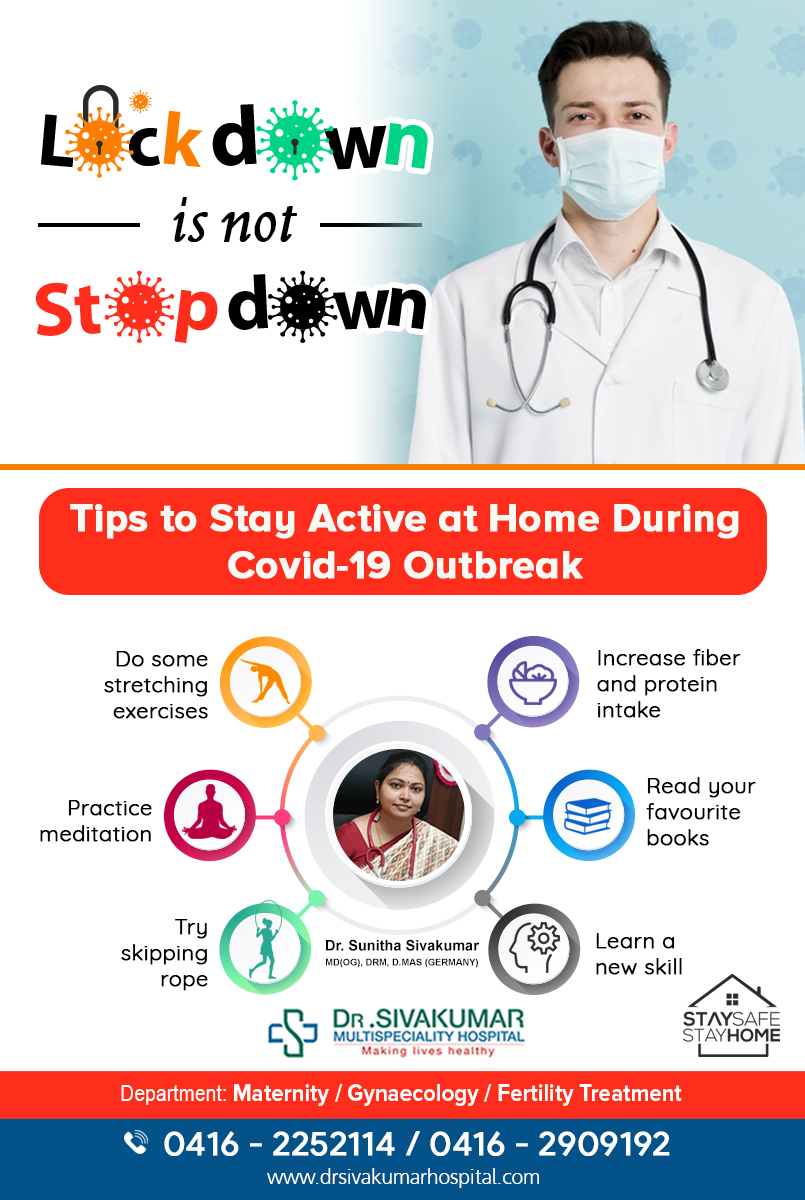இளம் வயதினர் இரும்புச் சத்து நிறைந்தஉணவுகளை எடுத்துக் கொள்வது அவர்களை இரத்த சோகை பாதிப்பில் இருந்து தடுக்கும்.எனவே எந்த மாதிரியான இரும்புச் உணவுகள்உள்ளன மேலும் அவற்றை எப்படி எடுக்கவேண்டும் என்பதையும் அறிந்து கொள்ளலாம்.
- ஏனெனில் வயதுக்கு வந்தபெண்களுக்கு மாதவிடாய் இரத்த போக்குஇருப்பதால் இரும்புச் சத்து நிறைந்த உணவுகளை அவர்கள் தவறாது எடுத்துவர வேண்டும். ஆனால் இன்றைய இளம்தலைமுறையினர் ஆரோக்கியமானஉணவிற்க
What Is Ovarian Cancer?
- Cancer starts when cells in the body begin to grow out of control. Cells in nearly any part of the body can become cancer and can spread.
- Ovarian cancers were previously believed to begin only in the ovaries, but recent evidence suggests that many ovarian cancers may actually start in the cells in the far (distal) end of the fallopian tubes.
- The ovaries are mainly made up of 3 kinds of cells. Each type of cell can develop into a different type of tumor:
- Epithelial tumors start from the cells that cover the outer surface of the ovary. Most ovarian tumors are epithelial cell tumors.
- Germ cell tumors start from the cells that produce the eggs (ova).
- Stromal tumors start from structural tissue cells that hold the ovary together and produce the female hormones is estrogen and progesterone.
- Some of these tumors are benign (non-cancerous) and never spread beyond the ovary. Malignant (cancerous) or borderline (low malignant potential) ovarian tumors can spread (metastasize) to other parts
𝐖𝐡𝐚𝐭 𝐭𝐨 𝐢𝐧𝐜𝐥𝐮𝐝𝐞 𝐢𝐧 𝐝𝐢𝐞𝐭 𝐨𝐟 𝐥𝐚𝐜𝐭𝐚𝐭𝐢𝐧𝐠 𝐦𝐨𝐦𝐬?
- 𝐈𝐟 𝐲𝐨𝐮’𝐫𝐞 𝐚 𝐧𝐞𝐰 𝐦𝐨𝐦, 𝐜𝐡𝐚𝐧𝐜𝐞𝐬 𝐚𝐫𝐞 𝐲𝐨𝐮’𝐫𝐞 𝐰𝐡𝐨𝐥𝐥𝐲 𝐨𝐫 𝐩𝐚𝐫𝐭𝐢𝐚𝐥𝐥𝐲 𝐛𝐫𝐞𝐚𝐬𝐭𝐟𝐞𝐞𝐝𝐢𝐧𝐠 𝐲𝐨𝐮𝐫 𝐜𝐡𝐢𝐥𝐝. 𝐖𝐡𝐢𝐥𝐞 𝐜𝐡𝐨𝐨𝐬𝐢𝐧𝐠 𝐲𝐨𝐮𝐫 𝐧𝐞𝐰𝐛𝐨𝐫𝐧 𝐜𝐡𝐢𝐥𝐝’𝐬 𝐬𝐨𝐮𝐫𝐜𝐞 𝐨𝐟 𝐦𝐢𝐥𝐤 𝐢𝐬 𝐞𝐧𝐭𝐢𝐫𝐞𝐥𝐲 𝐲𝐨𝐮𝐫 𝐩𝐫𝐞𝐫𝐨𝐠𝐚𝐭𝐢𝐯𝐞, 𝐭𝐡𝐞𝐫𝐞 𝐢𝐬 𝐧𝐨 𝐝𝐞𝐧𝐲𝐢𝐧𝐠 𝐭𝐡𝐚𝐭 𝐭𝐡𝐞𝐫𝐞 𝐚𝐫𝐞 𝐚 𝐰𝐡𝐨𝐥𝐞 𝐥𝐨𝐭 𝐨𝐟 𝐛𝐞𝐧𝐞𝐟𝐢𝐭𝐬 𝐭𝐨 𝐛𝐫𝐞𝐚𝐬𝐭 𝐦𝐢𝐥𝐤. 𝐅𝐢𝐫𝐬𝐭𝐥𝐲, 𝐭𝐡𝐢𝐬 𝐢𝐬 𝐭𝐡𝐞 𝐛𝐚𝐛𝐲’𝐬 𝐦𝐨𝐬𝐭 𝐧𝐚𝐭𝐮�
𝐖𝐡𝐚𝐭 𝐚𝐫𝐞 𝐬𝐢𝐠𝐧𝐬 𝐚𝐧𝐝 𝐬𝐲𝐦𝐩𝐭𝐨𝐦𝐬 𝐨𝐟 𝐞𝐧𝐝𝐨𝐦𝐞𝐭𝐫𝐢𝐚𝐥 𝐡𝐲𝐩𝐞𝐫𝐩𝐥𝐚𝐬𝐢𝐚?
- The most common sign of hyperplasia is abnormal uterine bleeding. If you have any of the following, you should see your obstetrician—gynecologist (ob-gyn) :
- Bleeding during your period that is heavier or lasts longer than usual.
- Menstrual cycles that are shorter than 21 days (counting from the first day of the menstrual period to the first day of the next menstrual period).
- Any bleeding after menopause.
𝐖𝐡𝐚𝐭 𝐭𝐞𝐬𝐭𝐬 𝐦𝐚𝐲 𝐛𝐞 𝐝𝐨𝐧𝐞 𝐭𝐨 𝐝𝐢𝐚𝐠𝐧𝐨𝐬𝐞 𝐚𝐛𝐧𝐨𝐫𝐦𝐚𝐥 𝐛𝐥𝐞𝐞𝐝𝐢𝐧𝐠?
- A transvaginal ultrasound exam may be done to measure the thickness of the endometrium. For this test, a small device is placed in your vagina.
- Sound waves from the device are converted into images of the pelvic or
#Pregnancy can be a time of joy -and stress. Research suggests that about 7% of pregnant women experience depression during pregnancy. If you have untreated depression, you might not seek optimal prenatal care, eat the healthy foods your baby needs or have the energy to care yourself. You are also at increased risk of #postpartum depression and having difficulty bonding with your #baby.
#Selfconfidence #Selflove #Confidence
#Loveyouself #Selfcare #Selfesteem
#Motivation #Mentalhealth #happiness
#Selfworth #inspiration #love #bodypositivity
#Mindfulness #life #selfie
#Womenempowerment #beauty #fitness
#believeinyourself #fashion #autoestima
#Positivevibes #beyourself #depression
#Selfawareness #loveyourbody #believe
#selfimprovement #personaldevelopment

Vaginal Discharge
Is a common presenting symptoms with a lot of girls and women of various age groups. it can be either
- Physiological (or)
- Pathological
Physiological Vaginal Discharge:
It is white, clear, non offensive discharge which varies in amount and consistency with menstrual cycle.
Pathological Vaginal Discharge :
It can be due to various reasons like
- Non infective causes
- Non sexually transmitted infections
- Sexually transmitted infections
So when do u meet a gynecology for vaginal discharge?
Meet the gynecologist when u have symptoms like mentioned below:
- Heavier discharge than usual
- Discharge that is thicker
- Pus like discharge
- White curd like discharge
- Foul smelling discharge
- Greenish / yellowish / blood tinged discharge
- Discharge that is associated with itching / burning / rashes
How can we prevent vaginal infections?
- Practise basic personal hygiene
- Do not use perfumed douches
- Avoid perfumed artificial lubricants
- Avoid wearing tight / synthetic underpants
- Change your napkins during periods frequently
- Avoid o
WHY SHOULD EVERYONE WEAR A PROPER FACE MASK WHILE STEPPING OUT OF THE HOUSE FOR THE NEXT 3 MONTHS ?? 
Breastfeeding doesn’t always come naturally. So try not to worry if it feels a bit awkward at first. Breastfeeding is a skill that you and your baby learn together, and it can take time for both of you to get used to it.
To breastfeed comfortably, it doesn’t really matter where or how you choose to sit or lie back. What’s important is that you can settle your baby onto your breast easily.
Your newborn has a powerful instinct to seek out your breast. This is called rooting. When your baby’s rooting, you’ll see his lips move, and he’ll turn his head from side to side. He may also wave his arms and legs around.
Try out a few positions to find one that suits you, and helps your baby to easily root for and find your breast. This will help your baby open his mouth wide and get a good, comfortable latch onto your breast.
Laid back breastfeeding (Biological Nurturing)
Semi-reclined, with your baby lying across your stomach or shoulder to protect your caesarean wound.
Laid back breastfeeding after a cesarean:
If you find a position that works for you and your baby, It’s fine to stick with it. But if you have Sore nipples or other signs that baby is not latching on well, it can help to try different positions.
How do I start breastfeeding?
Sit or lie back so that your back i
Vaginismus Definition:
Vaginal tightness, discomfort, burning, pain, penetration problems, inability to have intercourse… sound familiar?
Your not alone!
Symptoms:
1) Burning or stinging with tightness during sex
2) Difficult/impossible penetration, entry pain, uncomfortable insertion of penis
3 ) Unconsummated marriage, not by the couple’s choice
4) Ongoing sexual discomfort or pain following childbirth, yeast/urinary infections, STDs, IC, hysterectomy, cancer and surgeries, rape, menopause, or other issues.
5) Ongoing sexual pain of unknown origin, with no apparent cause
6) Difficulty inserting tampons or undergoing a pelvic/gynecological exam
7) Spasms in other body muscle groups (legs, lower back, etc.) and/or halted breathing during attempts at intercourse.
8) Avoidance of sex due to pain/or tightness.
For further clarifications,
visit our senior Gyneacologist & Laproscopic surgeon,
DR.SUNITHA SIVAKUMAR Md( Og), DRM( Reproductive medicine, Germany),
D.Mas( Laproscopy, Germany)
For appointments, contact – 0416- 2253400, 0416- 2252114, 0416-2909192







